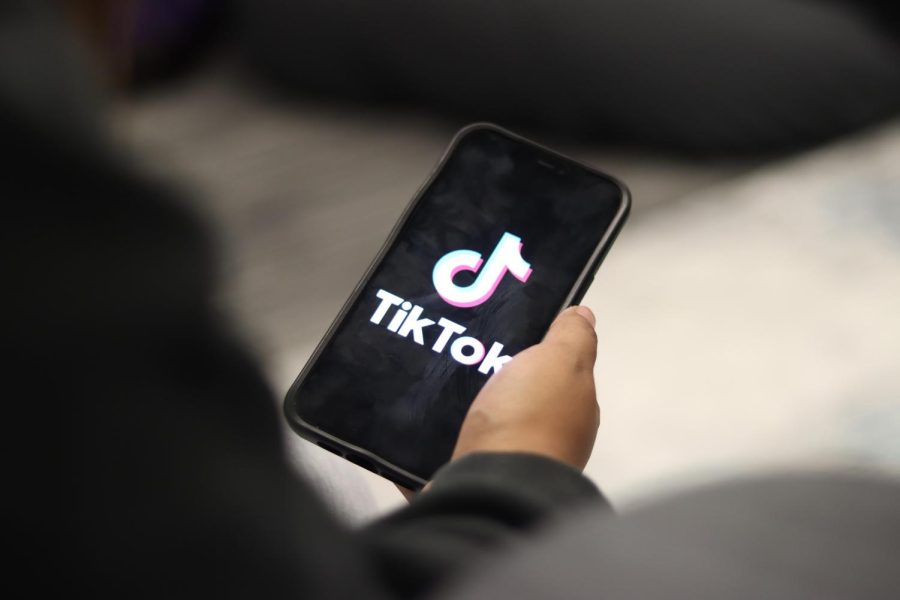TikTok is currently the most popular app in the United States, with 150 million Americans – almost half the population – using it every month. The app allows users to view and create short videos, made available through endless scrolling of humor, music, dancing, tips, opinion and information clips.
Congress has three primary concerns about TikTok. First, that TikTok collects personal data; second, that kids get addicted to spending time on TikTok; and third, that people can be influenced by misinformation and encouraged to respond with violence.
These concerns are also shared by platforms such as Facebook, Instagram and Youtube, but what lawmakers say makes TikTok the most dangerous is Chinese influence. TikTok is run by a parent company called ByteDance, which is a Chinese company that cooperates with the Chinese Communist Party (CCP).
To combat potential Chinese involvement in the lives of Americans through social media, Rep. Mike Gallagher (R-Wis.) introduced the Anti-Social CCP Act (HR 1081), a bill intended to protect Americans from the threat posed by certain foreign adversaries using social media companies to surveil Americans in order to learn sensitive data about them or spread influence campaigns, propaganda and censorship. In simpler terms, this bill would be a ban of TikTok altogether, or it would allow for TikTok to be sold to an American company.
Junior Nahide Acikgoz is opposed to the ban of Tiktok. She emphasized that if the government wants to ban TikTok because of security reasons, then it would have to ban all apps that are a potential security threat.
“If you want to ban social media just because of those reasons, you should have to ban all of social media,” Acikgoz said.
Additionally, another bill has been introduced, S.686 – The Restricting the Emergence of Security Threats that Risk Information and Communications Technology Act (RESTRICT Act). The RESTRICT Act, would give the secretary of commerce broad power to regulate tech produced by six countries that have adversarial relationships with the U.S.: China, Cuba, Iran, North Korea, Russia and Venezuela. This bill would allow the federal government to regulate and even ban foreign-produced technology, including TikTok.
Senior Alessandro Navarra explained his concerns about the Tiktok, sharing why he chose to not download or use the app.
“[It shares] your location, IP address, everything you write on your keyboard, keystrokes and also it’s a really addictive algorithm,” Navarra said.
However, Acikgoz said she does not believe the app is a threat to national security.
“From everything I have seen about it, I don’t think they don’t have enough evidence or accurate information to do the ban,” Acikgoz said.
Navarra said he believes protesters of a ban have been influenced by the addictive properties of TikTok, and are targeted by content to persuade them to keep the app.
“People who don’t support the ban are users that got [deceived],” Navarra said. “It’s kind of a trap that they [have] fallen into – content that is shown to them is mostly against the ban,”
Navarra elaborated on the difference between social media companies and their owners, saying he feels more comfortable with Instagram because it is owned by an American company.
“If people just moved to Instagram, I think that would be better. You don’t get brainwashed by the CCP, since they can’t manipulate the algorithm,” Navarra said.
Acikgoz said that if this law is put into place, she hopes it allows for TikTok to not be banned completely, but rather to be bought by an American company. She said she doesn’t want any major changes to come to the app, and would prefer the app stays relatively the same.
“[Ideally] it gets bought by an American company, because that’s not really going to change anything,” Acikgoz said.




